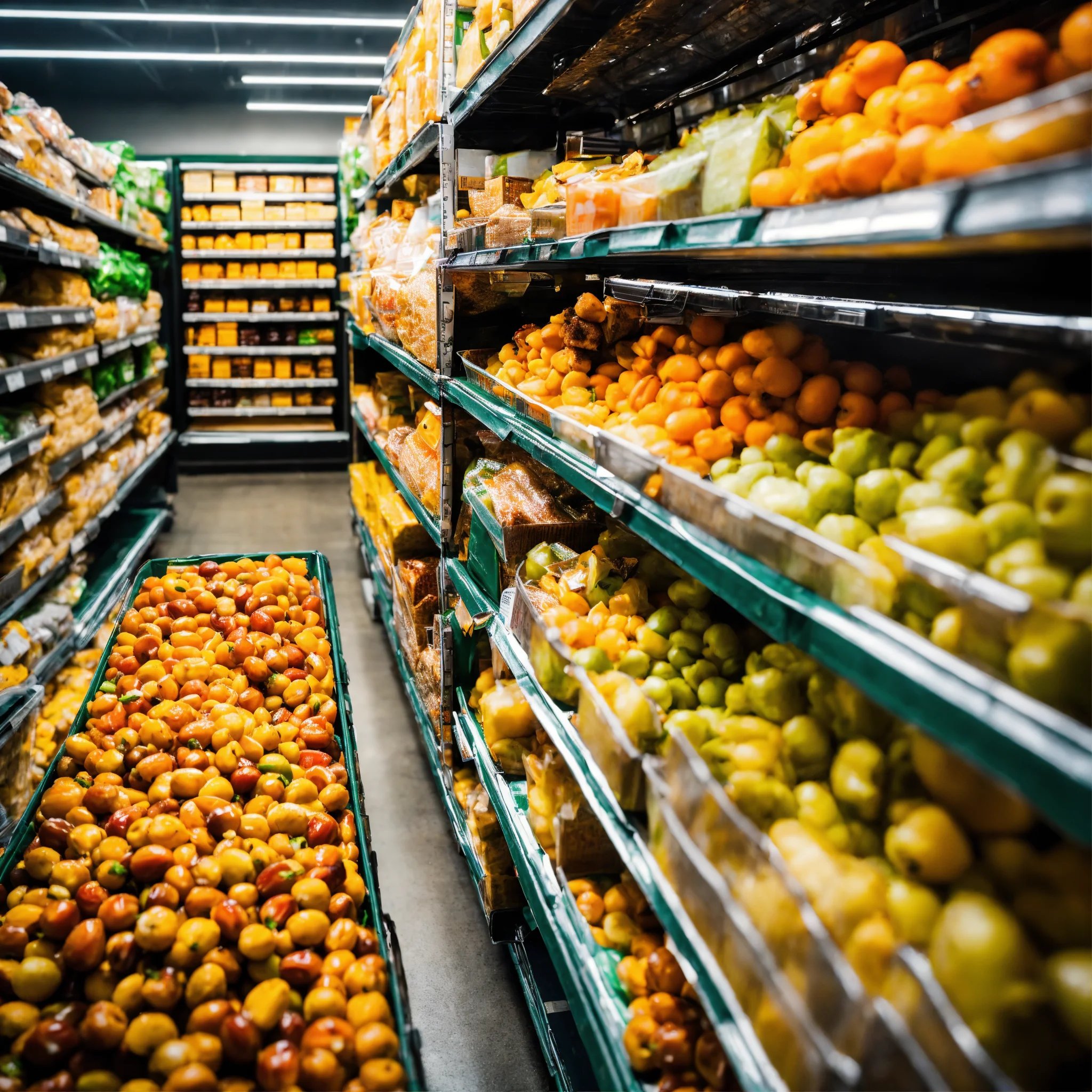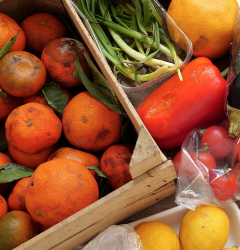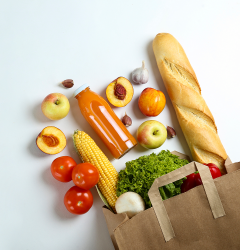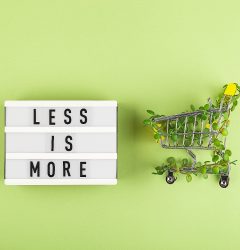Food Waste Management
Zero Waste, Full Efficiency: How Link Retail’s AI Makes Sustainable Retail Possible
02 Feb

Zero Waste, Full Efficiency: How Link Retail's AI Makes Sustainable Retail Possible
In a time when the pursuit of sustainability rings loud for both consumers and corporations, the retail industry grapples with the substantial hurdle of food wastage. It’s a staggering reality that a third of all food produced worldwide goes uneaten, leading to not just profound economic waste but also grave environmental repercussions. Grocery stores, crucial links in the food supply chain, find themselves on the front lines of this battle, tasked with the complex challenge of efficiently managing perishable items. Link Retail introduces an AI-driven solution, a shining example of innovative technology aimed at confronting this issue directly. This cutting-edge approach redefines waste management practices in grocery stores, steering the sector towards a more sustainable and efficient future. By leveraging artificial intelligence, Link Retail empowers retailers to drastically reduce food waste drastically, thereby minimizing their environmental impact while enhancing operational efficiencies.
The Bread-Saving AI
Link Retail’s deployment of AI technology marks a transformative leap for the grocery industry, especially in managing bakery products. Where it’s common for a grocery store to discard between 50 to 60 loaves of bread daily, Link Retail’s AI innovations in digital ordering and real-time production forecasting have dramatically slashed those numbers. Implementing this technology enables a single store to conserve up to 15 loaves daily, tallying up to a savings of more than 5,000 loaves per year. This significant decrease in waste brings dual benefits: it substantially lowers operational costs and reduces CO2 emissions. Consequently, Link Retail’s AI solution contributes profoundly to environmental sustainability, showcasing how technology can be harnessed to tackle food waste effectively in the retail sector.
The Scale of Food Waste
To grasp the magnitude of the issue, consider that globally, 1.555 billion tonnes of food go to waste annually. The major contributors to this staggering figure include fruits and vegetables at 42%, bread and cereal products at 22%, and root and tuber crops at 18%. This isn’t just about the enormous amount of food being lost; it’s also about the squandering of critical resources like water, land, and energy that went into producing these items. Link Retail zeroes in on this challenge within grocery stores, targeting a significant chunk of the overall problem. Given that fresh produce and bakery items account for a substantial share of retail waste, Link Retail’s efforts to minimize waste directly tackle these key areas, aiming to mitigate the broader environmental impact.
The Meny, Norway Success Story
The efficacy of Link Retail’s AI technology is vividly illustrated by its implementation in Meny, Norway, where it has dramatically reduced bread wastage. Through meticulous tracking and adjusting of inventory in alignment with accurate demand forecasts, Meny has successfully decreased its bread wastage by an impressive 30% to 50%. This achievement serves as a powerful example of how AI can revolutionize retail practices, highlighting the vast potential for such technology to bring about significant improvements throughout the grocery sector.
Tackling Fresh Food Waste
The challenge of fresh food wastage encompasses more than just bakery goods, with the EU witnessing the disposal of over 17 billion kg of fresh fruits and vegetables each year. A significant portion of this loss is attributed to the stringent aesthetic standards that result in the rejection of otherwise consumable produce. Link Retail’s AI-driven approach tackles this issue head-on by fine-tuning inventory management to prevent overstocking and, consequently, reduce the volume of fresh produce that goes to waste. Additionally, Link Retail’s initiative to shift consumer attitudes towards “ugly” fruits and vegetables not only helps in minimizing waste but also plays a crucial role in altering consumer perceptions, encouraging the embrace of all produce regardless of its appearance.
The Environmental and Economic Impact
The impact of leveraging AI to curtail food waste carries significant environmental and economic benefits. Environmentally, reducing waste translates to fewer food items being discarded in landfills, thus mitigating methane emissions—a greenhouse gas with a substantial effect on global warming. Economically, this reduction equates to considerable savings for both retailers and consumers. Grocery stores become more efficient in their operations, enabling them to offer lower prices and fresher produce to their customers, enhancing overall customer satisfaction and sustainability efforts.
Conclusion
Link Retail’s AI-driven solution represents a pivotal advancement in transforming the concept of sustainable retail from an aspirational goal into a tangible reality. By leveraging cutting-edge artificial intelligence technology to minimize waste, grocery stores are positioned to reach unparalleled levels of operational efficiency, paving the way for a future where zero waste is not just an ideal but an achievable target. This forward-thinking strategy benefits not only the planet—by significantly reducing the environmental footprint of retail operations—but also the economic health of the retailers themselves. It demonstrates convincingly that environmental sustainability and financial profitability are not mutually exclusive but can progress hand in hand. Implementing AI in managing and reducing waste marks a critical evolution in retail practices, aligning closely with the growing global emphasis on sustainability. As grocery stores and other retailers adopt these AI solutions, they contribute actively to the broader objectives of global food waste reduction. This not only showcases a commitment to environmental stewardship but also sets a precedent for the integration of technology and sustainability.
Looking ahead, the role of AI in waste management is set to become increasingly central to the retail sector’s strategy. Its capacity to provide precise, actionable insights allows for smarter decision-making, optimized resource use, and a deeper understanding of consumer behavior, all of which contribute to reducing waste. As such, Link Retail’s AI solution is not merely an innovation for today but a foundational element for the future of sustainable retailing. Through its continued adoption and development, it promises to drive significant, positive change in the industry, underscoring the critical role of technology in achieving environmental goals and fostering a healthier planet for future generations.
Related Post
Tags
Keywords
Tags
Resources
© 2020-2024 Link Retail. All rights reserved.










